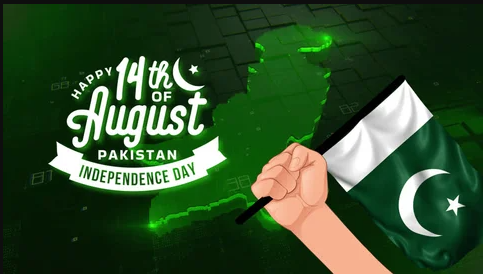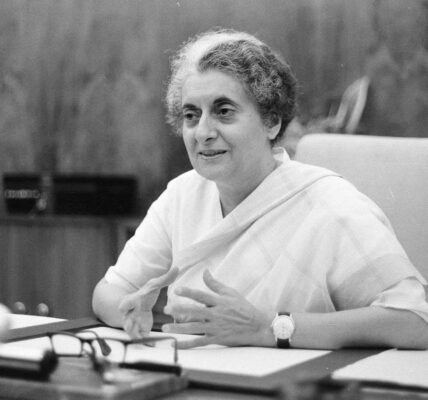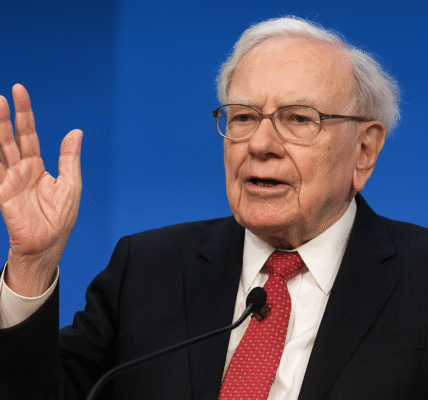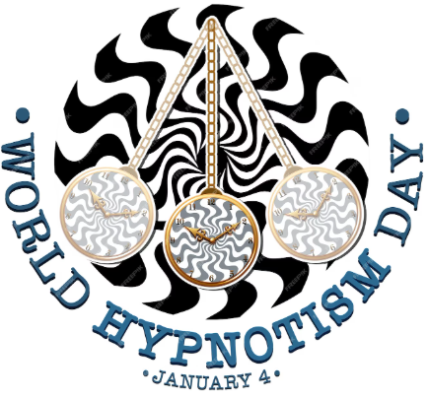Pakistan’s Independence Day is celebrated annually on August 14th, a day before India’s on August 15th, despite both nations being granted independence from British rule simultaneously in 1947. This difference in dates has intrigued historians and the general public alike. The Indian Independence Act of 1947 marked August 15th as the official date for both India and Pakistan to emerge as independent nations. However, Pakistan has chosen to observe its Independence Day on August 14th. This article delves into the reasons behind this decision, exploring the historical, religious, and practical factors that influenced this choice.

The Historical Context: Birth of Two Nations
On August 15, 1947, India and Pakistan officially gained independence from British rule, resulting in the partition of the Indian subcontinent into two separate nations. The Indian Independence Act, passed by the British Parliament, clearly states that “As from the fifteenth day of August, nineteen hundred and forty-seven, two independent Dominions shall be set up in India, to be known respectively as India and Pakistan.” This date was intended to be celebrated by both nations as their respective Independence Days.
Interestingly, Pakistan’s first commemorative postage stamps, issued in July 1948, also referenced August 15th as the country’s Independence Day. Despite this, Pakistan celebrates its Independence Day on August 14th. The reasons for this shift in date are a blend of religious significance, administrative convenience, and political decisions, each contributing to the narrative of Pakistan’s national identity.
Three Versions of the Story Behind August 14th
1. The Auspicious Occasion of Ramadan
One of the widely accepted reasons for celebrating Independence Day on August 14th is linked to the Islamic calendar. The intervening night of August 14th and 15th in 1947 coincided with the 27th day of Ramadan, which is considered one of the holiest nights in Islam, known as Laylat al-Qadr (The Night of Decree). This night is believed to be when the Quran was revealed to the Prophet Muhammad, making it highly significant for Muslims.
Given this religious importance, it is believed that the Pakistani leadership chose to align the Independence Day celebrations with this sacred day, thus opting for August 14th. This connection to Ramadan added a layer of spiritual significance to Pakistan’s independence, reinforcing the country’s identity as an Islamic republic.
2. Lord Mountbatten’s Busy Schedule
Another practical reason revolves around the logistics of the power transfer. Lord Mountbatten, the last British Viceroy of India, had a tight schedule as he was required to oversee the transition of power in both India and Pakistan. The official ceremonies for India’s independence were scheduled for the midnight of August 14th and 15th in New Delhi. However, Mountbatten could not be in two places at once.
To address this, he traveled to Karachi, the capital of Pakistan at the time, on August 13th, and formally handed over power to Muhammad Ali Jinnah, the founder of Pakistan, on August 14th. During his address to the newly formed Pakistani Constituent Assembly, Mountbatten mentioned that “tomorrow,” meaning August 15th, Pakistan would be an independent nation. However, since the power transfer ceremony in Karachi occurred on August 14th, the Pakistani government decided to mark this date as their official Independence Day.
3. A Strategic Decision by Pakistan’s Leadership
A third version suggests that the decision to celebrate Independence Day on August 14th was made by Pakistan’s first cabinet, led by Prime Minister Liaqat Ali Khan. According to this account, a meeting was held in late June 1948, where it was proposed to advance the celebration of Independence Day by one day, allowing Pakistan to commemorate its independence before India.
This proposal was presented to Muhammad Ali Jinnah, who approved the change. Although this decision was not documented in historical records, it reflects a strategic move by Pakistan’s leadership to distinguish its national identity from that of India, further emphasizing the unique status of Pakistan as a separate, sovereign state.
Independence Day Celebrations: Blending Tradition with Modernity
Pakistan’s Independence Day is marked by a variety of events that blend traditional and modern elements, reflecting the country’s rich cultural heritage and its aspirations for the future. The day begins with the hoisting of the national flag at significant landmarks, including government buildings, schools, and public spaces. The most prominent flag-raising ceremony takes place at the Mazar-e-Quaid in Karachi, where the nation’s founder, Muhammad Ali Jinnah, is buried.
The President and Prime Minister of Pakistan address the nation, highlighting the achievements and challenges faced by the country since its independence. These speeches often emphasize the importance of unity, social justice, and the ongoing struggle to fulfill the vision of Pakistan’s founding fathers.
Schools and universities organize special programs, including debates, poetry recitations, and cultural performances that celebrate Pakistan’s history and national identity. Patriotic songs resonate throughout the country, and the streets are adorned with green and white lights, representing the colors of the national flag.
In recent years, the celebrations have also extended to the digital sphere, with social media campaigns, online events, and virtual parades engaging Pakistanis both within the country and abroad. This modern approach to Independence Day celebrations reflects the nation’s adaptability and its efforts to stay connected with the global Pakistani diaspora.
Conclusion: Reflecting on the Unique Celebration
Pakistan’s decision to celebrate its Independence Day on August 14th, rather than August 15th, as originally stipulated in the Indian Independence Act, is rooted in a combination of religious significance, historical events, and strategic considerations. This choice not only distinguishes Pakistan’s national identity but also imbues the day with deeper cultural and spiritual meaning.
As Pakistan continues to navigate the complexities of the modern world, Independence Day remains a powerful symbol of the country’s resilience, unity, and commitment to the ideals of freedom and justice. The celebration on August 14th serves as a reminder of the sacrifices made by countless individuals in the pursuit of an independent homeland and the ongoing responsibility to build a just and prosperous nation for future generations.
So, while the historical records might suggest that Pakistan’s Independence Day should align with August 15th, the decision to celebrate on August 14th has become an integral part of the country’s identity. It reflects the unique journey of Pakistan and the enduring significance of this day in the hearts of its people.





